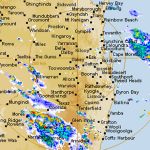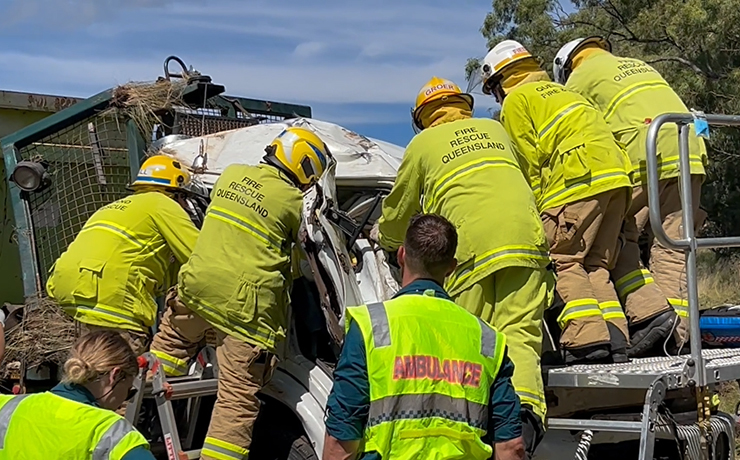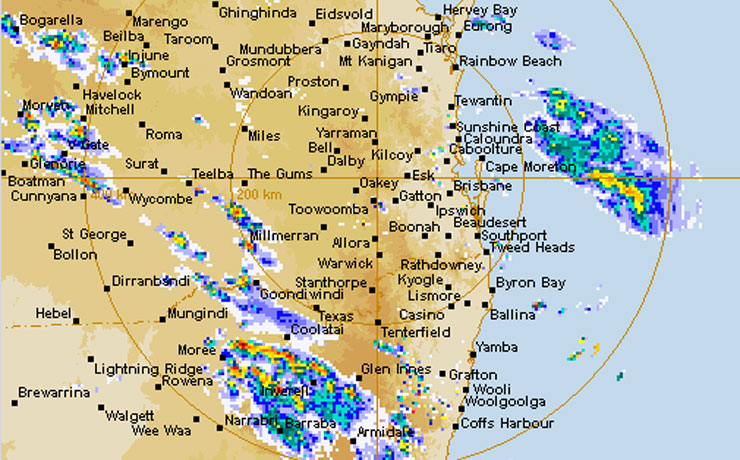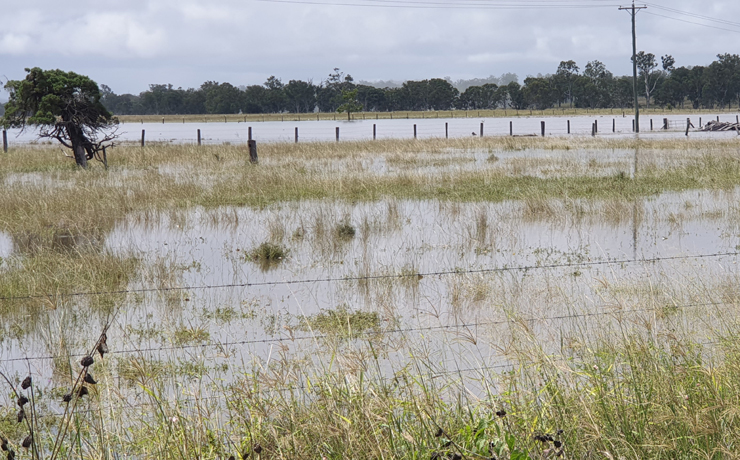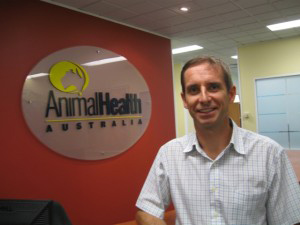
August 27, 2015
Animal Health Australia is reminding stockfeed suppliers they have a legal responsibility to ensure restricted animal material – such as bone meal and feather meal – does not contaminate cattle feed.
Diseases like mad cow disease – which would pose a major threat to the viability of livestock export markets as well as to human health – can be spread by feeding contaminated feed products to livestock.
Animal Health Australia biosecurity officer Dr Rob Barwell said stock feed suppliers had a legal obligation to ensure feed they supplied for ruminants was not contaminated, stored or supplemented with restricted animal material (RAM).
“RAM is any meat, meat and bone meal, blood meal, poultry offal meal, feather meal, fishmeal or any other animal meals or manures,” Dr Barwell said.
“Since 1996, the Australian Ruminant Feed Ban has been protecting our country from Transmissible Spongiform Encephalopathies (TSEs) which are more commonly associated with causing mad cow disease and scrapie (in sheep).
“Thanks, in part, to our strict RAM enforcement, Australia is free of TSEs.
“Whilst the majority of retailers do maintain excellent standards in ensuring they meet their obligations, we are still finding a few retailers during random annual inspections that are not meeting the high standards required.”
He said tips for stock feed retailers to help them comply with the ruminant feed ban included ensuring all equipment handling stock feed was thoroughly cleaned, storing RAM stock feeds and other stock feeds separately, and ensuring that animal feed containing RAM was adequately labelled.
Correct stock feed labelling should include the following words in bold capital letters: “This product contains restricted animal material. Do not feed to cattle, deer, goats, sheep or other ruminants”.
To learn more about TSEs, stock feed retailers have been encouraged to visit AHA’s TSE Freedom Assurance Program webpage
* * *
Why Protecting Stock Feed Is Important
Bovine spongiform encephalopathy (BSE), or mad cow disease, has an incubation period up to eight years in cattle, during which time there can be few if any symptoms.
Unfortunately, the prions which cause the disease are not destroyed even if the meat containing them is cooked or heat-treated to over 600 degrees C.
After the 1986 outbreak in the United Kingdom, more than 4.4 million animals were slaughtered during an eradication program and more than 220 people died of the related variant Creutzfeldt–Jakob Disease after eating affected meat.
However, with a long incubation period, new cases in the human population are still being detected in the UK; and anyone who was in the UK at this time is still banned from donating blood in Australia.
Meat exports from the UK were banned by the European Union for 10 years.
When animals were detected with BSE in the United States, Korea and Japan immediately banned imports.









